Intensive work on JCPOA revival underway in Vienna: Russia lead negotiator
A senior Russian diplomat says "intensive work" is underway between Iran and the P4+1 group of countries in the Austrian capital of Vienna on ways to secure the revival of the 2015 multilateral agreement.
"All three working groups (on #sanctions lifting, nuclear issues and implementation/sequencing) are to meet today to address the remaining outstanding issues," Russia’s Permanent Representative to International Organizations in Vienna Mikhail Ulyanov said in a post on his Twitter account on Friday.
Intensive work on #JCPOA is underway in Vienna. All three working groups (on #sanctions lifting, nuclear issues and implementation/sequencing) are to meet today to address the remaining outstanding issues.
— Mikhail Ulyanov (@Amb_Ulyanov) February 11, 2022
Envoys from Iran and the five remaining signatories to the deal -- Britain, France, Russia, and China plus Germany -- have been holding negotiations in the Austrian capital for 10 months with the aim of reviving the agreement, officially known as the Joint Comprehensive Plan of Action (JCPOA), through bringing the US back to the deal.
The two sides have bridged some gaps since the talks began last year but differences remain, especially on the issue of US sanctions. Tehran wants all sanctions imposed by the administration of former US President Donald Trump removed and says the issue is its red line.
In an earlier tweet, Ulyanov, who is the head of the Russian negotiating team in Vienna, said he held a "very useful" meeting with the US Special Envoy for Iran Robert Malley.
"We are definitely moving ahead at the #ViennaTalks on #JCPOA," the senior Russian diplomat said.
Yet another very useful meeting with the #US Special Envoy for #Iran Mr. Robert Malley. We are definitely moving ahead at the #ViennaTalks on #JCPOA. pic.twitter.com/de3jUgiNC1
— Mikhail Ulyanov (@Amb_Ulyanov) February 11, 2022
Trump unilaterally left the JCPOA in May 2018 and re-imposed the anti-Iran sanctions that the deal had lifted. He also placed additional sanctions on Iran under other pretexts not related to the nuclear case as part of his “maximum pressure” campaign.
In May 2019, following a year of strategic patience, Iran decided to let go of some of the restrictions on its nuclear energy program, resorting to its legal rights under the JCPOA, which grants a party the right to suspend its contractual commitments in case of non-compliance by the other side.
The administration of US President Joe Biden says it is willing to compensate for Trump’s mistake and rejoin the deal, but it has retained the sanctions as leverage.
JCPOA participants aim to ensure full implementation of deal: EU
Head of the EU delegation to international organizations in Vienna Stephan Klement also said in a tweet on Friday that intensive consultations continue between Iran and the P4+1 group of countries "as time is of essence."
Klement, who also serves as special advisor to the European External Action Service (EEAS) on the Iranian nuclear issue, added that he chaired a meeting of both sides' working group this morning.
"Our aim remains to ensure full implementation of all aspects of the #JCPOA," he tweeted.
Chairing the Nuclear Working Group this morning. Intensive consultations continue as time is of essence. Our aim remains to ensure full implementation of all aspects of the #JCPOA. pic.twitter.com/CjoETBlLxt
— Stephan Klement 🇪🇺 (@Amb_Klement_EU) February 11, 2022
In a phone call with Japanese Prime Minister Fumio Kishida on Wednesday, Iranian President Ebrahim Raeisi said the current US administration’s adherence to the failed policies of its predecessor with regard to Iran is the main obstacle to making “acceptable progress” in the Vienna negotiations.
“The US administration’s clinging to the failed policies of the former administration is the major obstacle to making acceptable progress in the negotiations,” Raeisi stated.
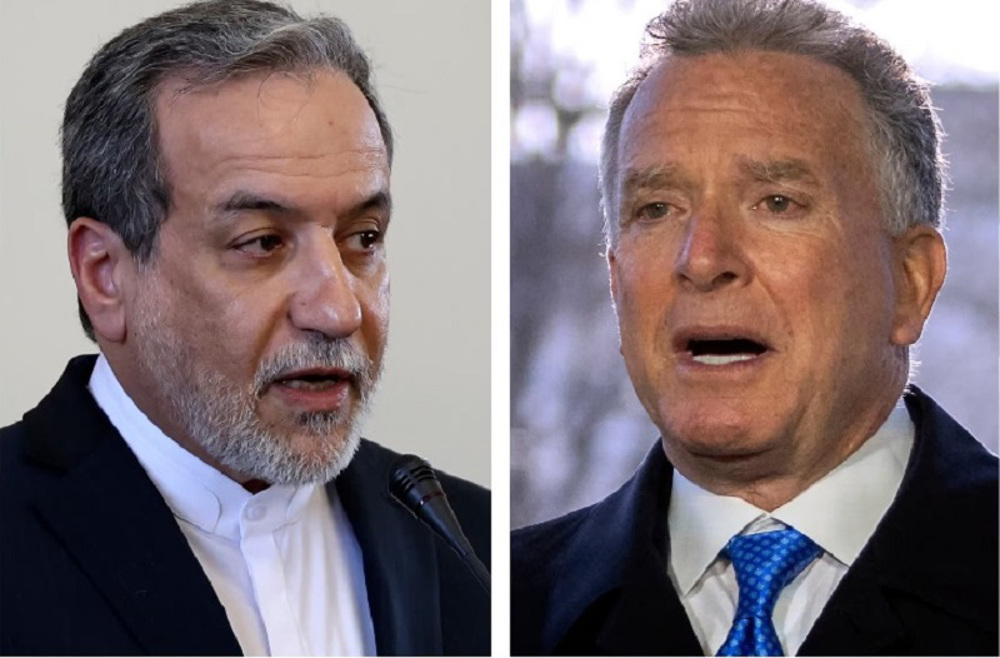
Indirect Iran-US talks proceed on 'constructive' note
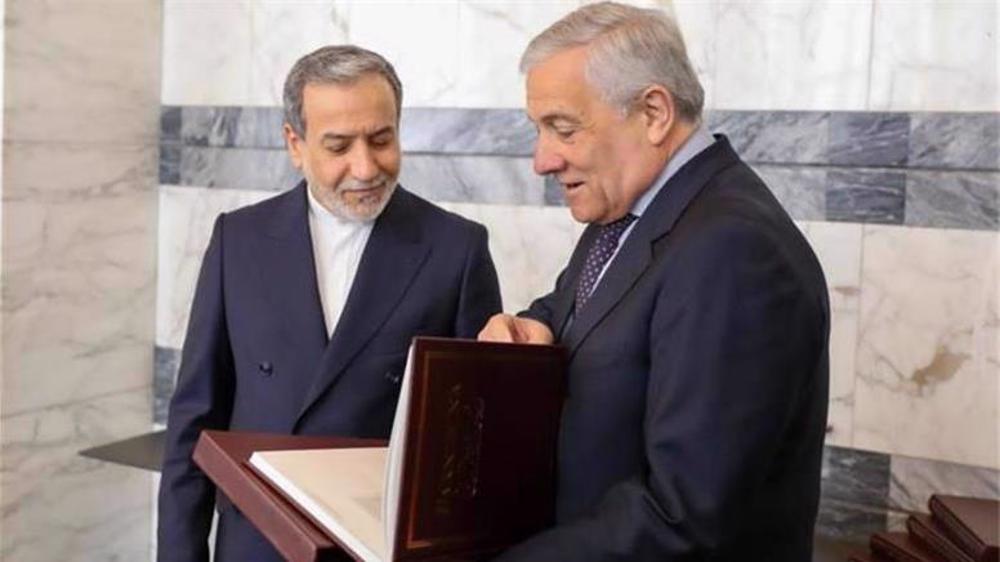
‘Rome talks made progress on principles of ‘likely deal’; optimism warranted but with great caution’
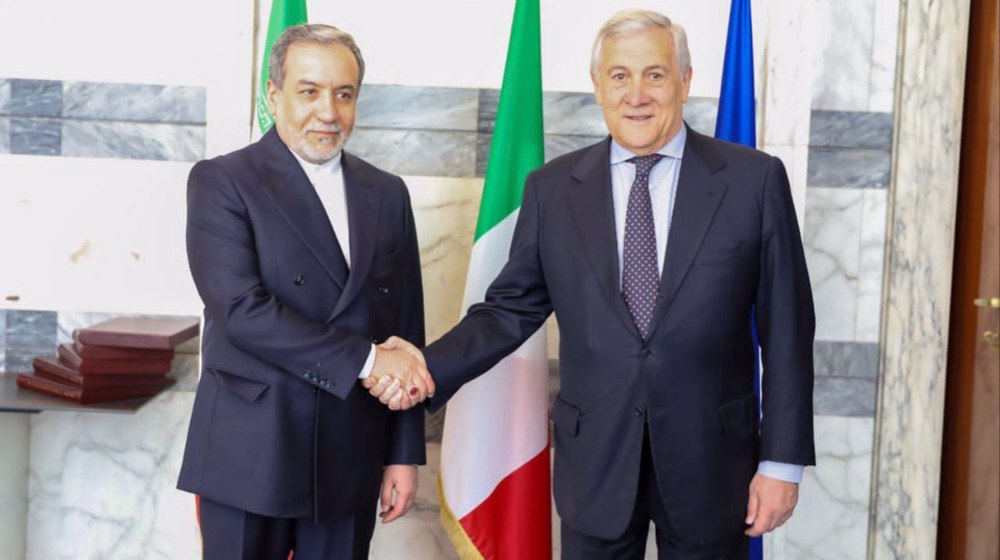
Israel is the sole obstacle to nuke-free West Asia: Iran FM
VIDEO | Press TV's news headlines
VIDEO | Pope Francis dies at 88 after 12 years as Catholic leader
VIDEO | US bombs Yemen’s capital in escalating military campaign
Iran condemns baseless GCC claims on 3 Persian Gulf islands
At least 65 Palestinians killed inside Israeli prisons
VIDEO | US deadly aggression vs Yemen
Iran denies US investors will be present in its trade fair
Israeli forces kill three Palestinians in intensified West Bank raids


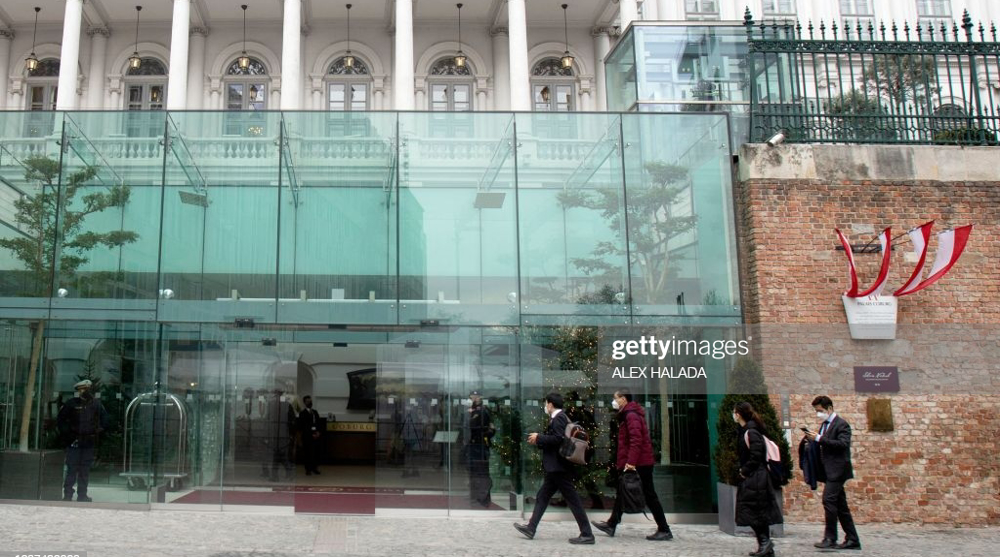
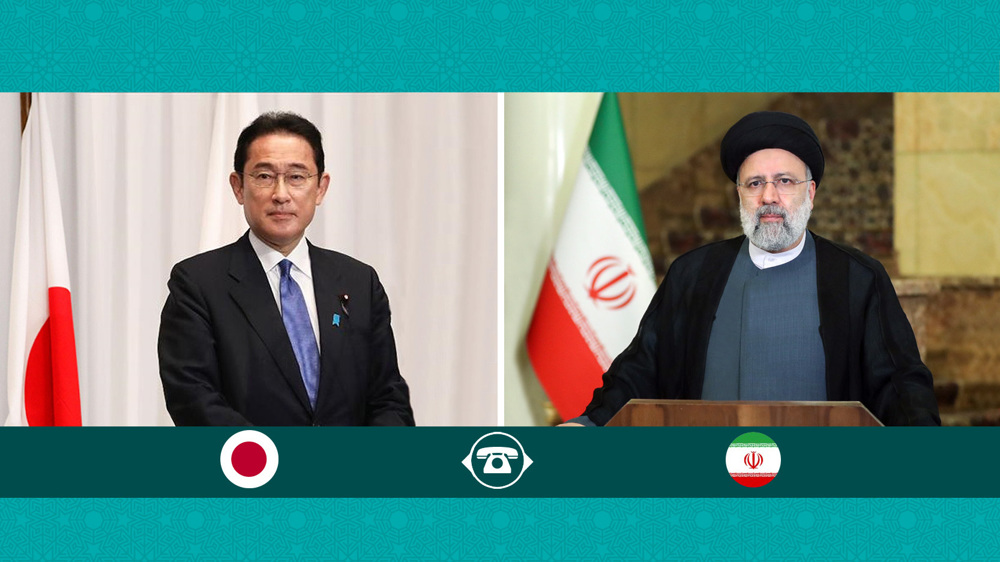




 This makes it easy to access the Press TV website
This makes it easy to access the Press TV website